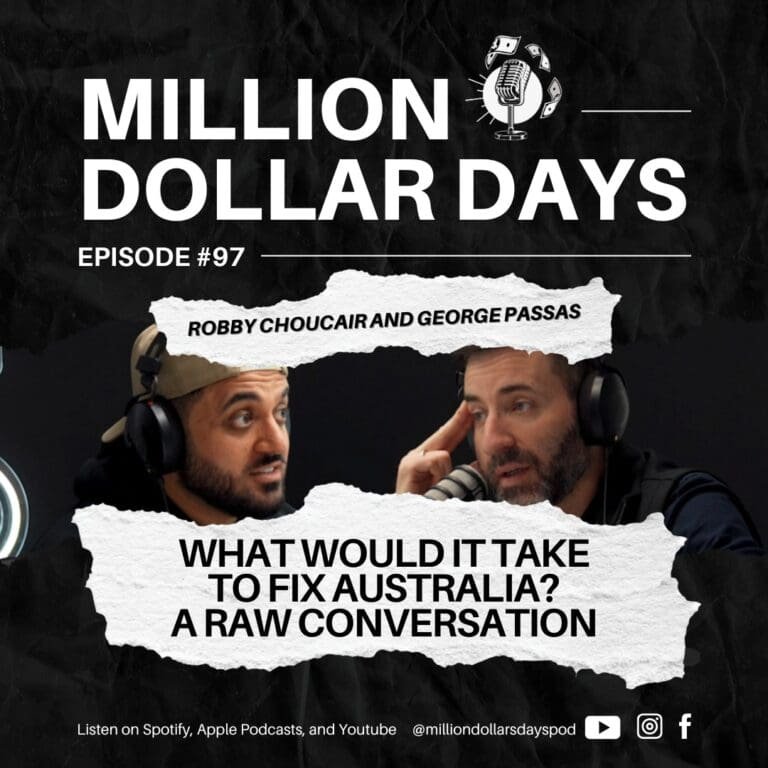In a recent conversation that touched on governance, immigration, and national identity, the deep-seated frustrations many Australians feel toward their government were laid bare. As citizens prepare for nationwide rallies against immigration policies, there’s a broader undercurrent of discontent that extends far beyond just border control.
At the heart of the discussion was the perception that Australia is hemorrhaging money through reckless government spending. The example of “$13 million for machete surrender bins” became a powerful symbol of misplaced priorities. These specialized bins, reportedly costing around $330,000 each, were highlighted as emblematic of government expenditure that lacks logical justification. As one participant pointedly asked, what criminal would voluntarily surrender their weapon in a monitored bin? This kind of spending decision reinforces the sentiment that those in power are disconnected from practical realities.
Australia’s economic management came under particular scrutiny. The discussion referenced how the country has accumulated approximately $196 billion in debt over the past decade, compared to $21 billion in the preceding period. This exponential increase in national debt is creating what was described as a “false economy” – one that appears prosperous on the surface but is building a precarious financial future for coming generations. The analogy of a business that consistently spends more than it earns was used to illustrate the unsustainability of current fiscal policies.
A notable point of frustration centered on Australia’s natural resources. Despite being the third-largest exporter of fossil fuels globally, the country seemingly fails to capitalize on this wealth generation opportunity. There was a sense that Australia essentially gives away its resources “for practically nothing” while other resource-rich nations like Saudi Arabia generate enormous wealth from similar assets. This failure to leverage natural resources for national prosperity was viewed as a missed opportunity to create significant wealth for the country.
The immigration debate was framed not simply as resistance to newcomers but as part of a broader concern about governance. While the upcoming protests focus on immigration, the speakers suggested this might be a case of citizens “hanging their hat” on a visible issue when their frustrations run much deeper. The combination of cost of living pressures, housing affordability, and perceived loss of national identity creates a perfect storm where immigration becomes an easy target for wider discontent.
Throughout the conversation, the theme of citizen powerlessness emerged repeatedly. There was skepticism about whether protests would effect meaningful change, with references to previous demonstrations during COVID that yielded little policy adjustment. This led to discussion about more radical forms of protest seen in other countries, such as French farmers dumping manure at parliament buildings, which successfully forced policy reversal. The implied question was clear: what would it take for Australian citizens to create genuine political pressure that forces meaningful change?
The overarching sentiment was that Australia remains “a good country” despite its governance challenges. There’s a deep appreciation for the safety and quality of life it offers, balanced against frustration with political leadership that seems increasingly detached from citizens’ concerns. As one participant noted, they still “couldn’t see themselves going anywhere else” despite their frustrations.
As rallies across major cities approach, this conversation captures the complex mixture of affection and frustration many Australians feel toward their nation – a country they love but increasingly worry is being mismanaged. The fundamental question remains: at what point does simmering frustration transform into meaningful action for change?
